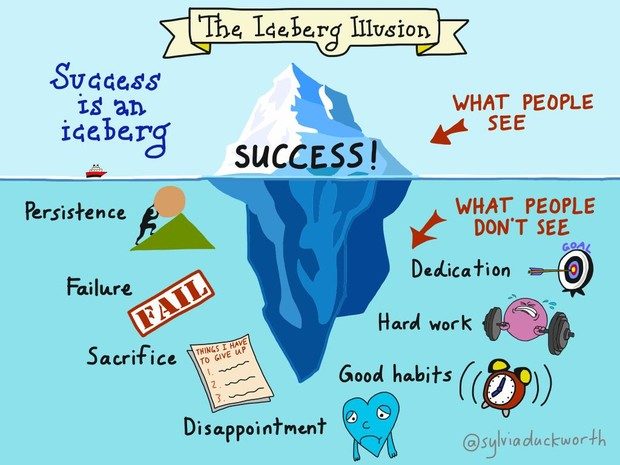 The exciting thing about the growth mindset approach is that it is not just about ability. It focuses on what people believe about ability – and there are lots of ways that we can help our children to develop a growth mindset.
The exciting thing about the growth mindset approach is that it is not just about ability. It focuses on what people believe about ability – and there are lots of ways that we can help our children to develop a growth mindset.
Research has shown that Mindsets can be changed relatively quickly and there are plenty of things that parents and families can do to help. Below are a few tips and ideas that can help promote a growth mindset in children.
Set high expectations for your child:
It is commonly believed that lowering our expectations promotes self-esteem in children (e.g. “never mind, let’s try an easier one”), but this is not the case. Having high expectations works like a self-fulfilling prophecy. It shows that you believe they can do it, which in turn has a positive impact on their own beliefs, behaviour and outcomes.
Encourage children to be resilient and not give up, even when they find something difficult or frustrating:
We now know that the brain adapts to new information and practise by creating new connections, so help your child to believe that challenge is a positive thing because it means they are growing their brains! This can help them to be comfortable with the times that they struggle and means that they see this as a sign of learning.
Celebrate mistakes!
The fear of making mistakes and associated shame can stop children from giving something a go in the first place. We all make mistakes, so try to embrace these mistakes and use them as learning opportunities, rather than feeling embarrassed about them. If we are not making mistakes then we are not stretching ourselves.
Use inspirational role models:
Think about your child’s favourite athlete, musician or teacher and talk about their journey to success. We call this unravelling the talent myth. If someone has done well we have a tendency to think they were born that way. We need to show our children that this is not the case. Rather than focusing on somebody’s ‘natural talents’, focus on their early efforts, strong work ethic, and the mistakes and learning that led them to where they are now.
Avoid labels and give growth mindset praise
- Don’t label yourself in ways that model a ‘fixed mindset’ e.g. I was never any good at maths, I’m a terrible cook.
- Shift your child’s attention to a process that leads to an outcome.
- Praise and value effort that leads to improvement, practise, self-correction and persistence.
- Don’t shelter your child from a failed task. Ask, “What can you learn from this experience? What could you try differently next time?”
Be curious about your child’s work through questioning
How did you figure that out? What’s another way you could have done that? How many times did you try before it turned out that way? What here was challenging and how did you figure it out? What do you plan to do next time?


